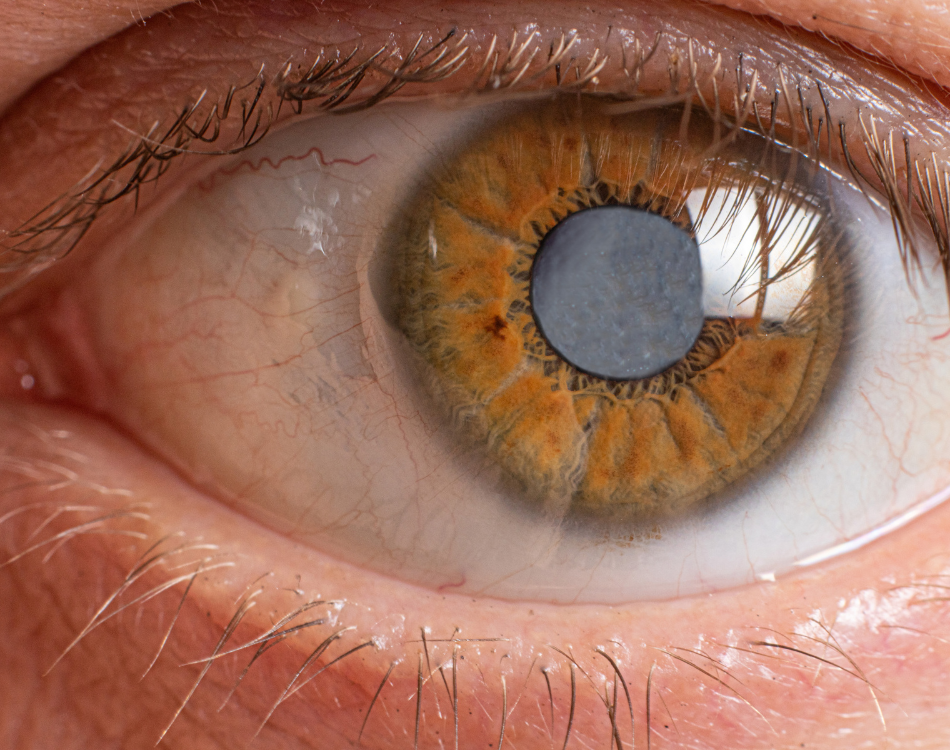Prescription glasses are a lifesaver for many of us, correcting our vision and helping us navigate the world clearly. But even the sturdiest frames and lenses can succumb to wear and tear. The good news? With a little TLC, you can extend their lifespan significantly. Here are some top tips to keep your glasses working hard for you, for years to come:
Cleaning Like a Pro:
- Water is your friend: Before wiping your lenses, rinse them with clean, lukewarm water. This dislodges dust and dirt particles that could scratch the surface if wiped dry.
- Microfiber matters: Ditch the tissues and paper towels! They can be surprisingly abrasive. Instead, use a microfiber cloth specifically designed for cleaning glasses. These cloths are super soft and won’t leave streaks or scratches.
- Soap it up (gently): For tougher grime, a mild dish soap diluted with water can work wonders. Avoid harsh chemicals or household cleaners – they can damage the lens coating.
- Air dry, or pat dry: Let your glasses air dry whenever possible. If you need to speed things up, gently pat them dry with your clean microfiber cloth.
Be Gentle with Handling:
- Two hands are better than one: Always use two hands to take your glasses on and off. This reduces the risk of putting undue stress on the frames, which can lead to bending or breakage.
- Store them safely: When not in use, keep your glasses in their hard case. This protects them from scratches, getting crushed, or being accidentally sat on (we’ve all been there!).
- Mind your grip: Develop the habit of holding your glasses by the bridge of the nose. Putting pressure on the lenses can loosen them from the frames over time.
Location, Location, Location:
- Not on your head: It might be tempting to perch your glasses on your head, but resist! This stretches the temples over time and can lead to an ill-fitting pair.
- Flat surfaces are best: When placing your glasses down, put them on a clean, flat surface with the lenses facing upwards. This prevents scratches from contact with dust or debris.
- Beware of extreme temperatures: Extreme heat or cold can damage your glasses. Avoid leaving them in a hot car on a sunny day or in a cold locker room during a workout.
Schedule Regular Checkups:
- See your eye doctor: Regular eye exams are essential for maintaining good vision health. But don’t forget to mention your glasses! Your eye doctor can check the fit, alignment, and any potential damage to the frames or lenses.
- Tighten those screws: Tiny screws can loosen over time, causing the frames to feel wobbly. Your eye doctor can easily tighten them during your checkup.
By incorporating these simple habits into your routine, you can ensure your glasses stay clear, comfortable, and functioning perfectly for a longer time. After all, taking care of your glasses means taking care of your precious vision!




